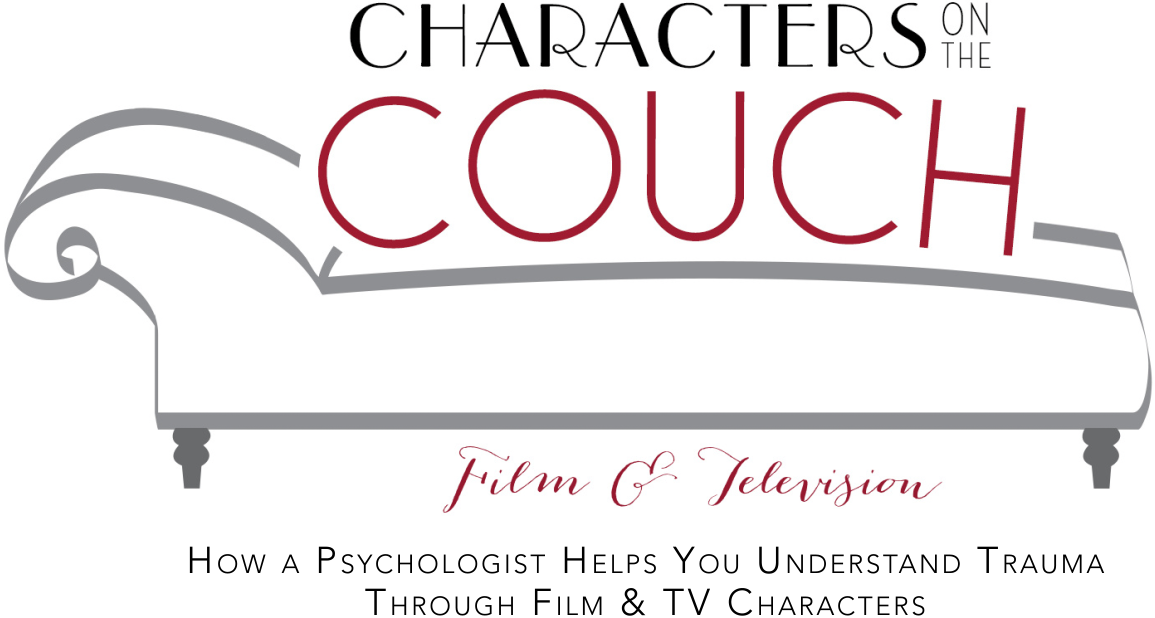
How a Psychologist Helps You Understand Trauma Through Film & tV Characters

Welcome to Characters On The Couch, my Film & Television site, where I delve into character psychology. If you’re interested in psychology, film, or a combination of the two, I bring my insights into your favorite contemporary and classic characters. I hope to help you understand their deeper psychological motivations (and, maybe, even your own).
When you think about truly iconic films, do you wonder what gives them such staying power? Is it the time of your life when you watched them? Is it the costumes or images that seemed unforgettable? Did one or more characters align with your struggles or painful experiences? Did you feel along with them? Or maybe, it’s simply that the film pulled at your heart and caused you to explore emotions in a new and profound way?
I say it’s all of the above. And, in the same way, when these meaningful elements are missing, a story becomes forgettable. I hope this site will encourage you to transform your story, personal or in writing, into magic by finding the human thread that links it and you to a universal experience.
Everything in life ties us back to complex emotions and the rhythm and language of feelings and psychology. I'll offer you that language of feeling in my blog as I write about the human struggles in each film.
MAD MEN Season 7 Episode 10
4 Clues Why Don Draper
Just Might Make It
Don Draper (Jon Hamm) is finally beginning to face how much his past lives inside him in Mad Men Season 7 Episode 10. Plus, all the mistakes he’s made and the ways he’s sabotaged love because of it. At least it sure seems that way. When he says to Johnny Mathis in episode 10, Forecast: “Take responsibility…
AMERICAN CRIME
History Matters
5 Characters That Don’t Quite Work
We are on American Crime Episode 7, with only 4 episodes left, and we have no clue what the truth is. With so many stories unfolding at the same time, it’s impossible to go into much depth as far as the characters go. As a viewer, this leaves me with a lot of unanswered questions.…
LENA DUNHAM’S SELFIE
Exercise Is Great
OCD Needs Much More
As a psychoanalyst who treats OCD, I want to chime in here. I certainly don’t think Lena Dunham’s Selfie on Instagram intends to give the impression that exercise is the answer to anxiety, OCD, or depression. Not with her years of struggle with disturbing thoughts that lead to OCD. There’s no question that exercise helps…

